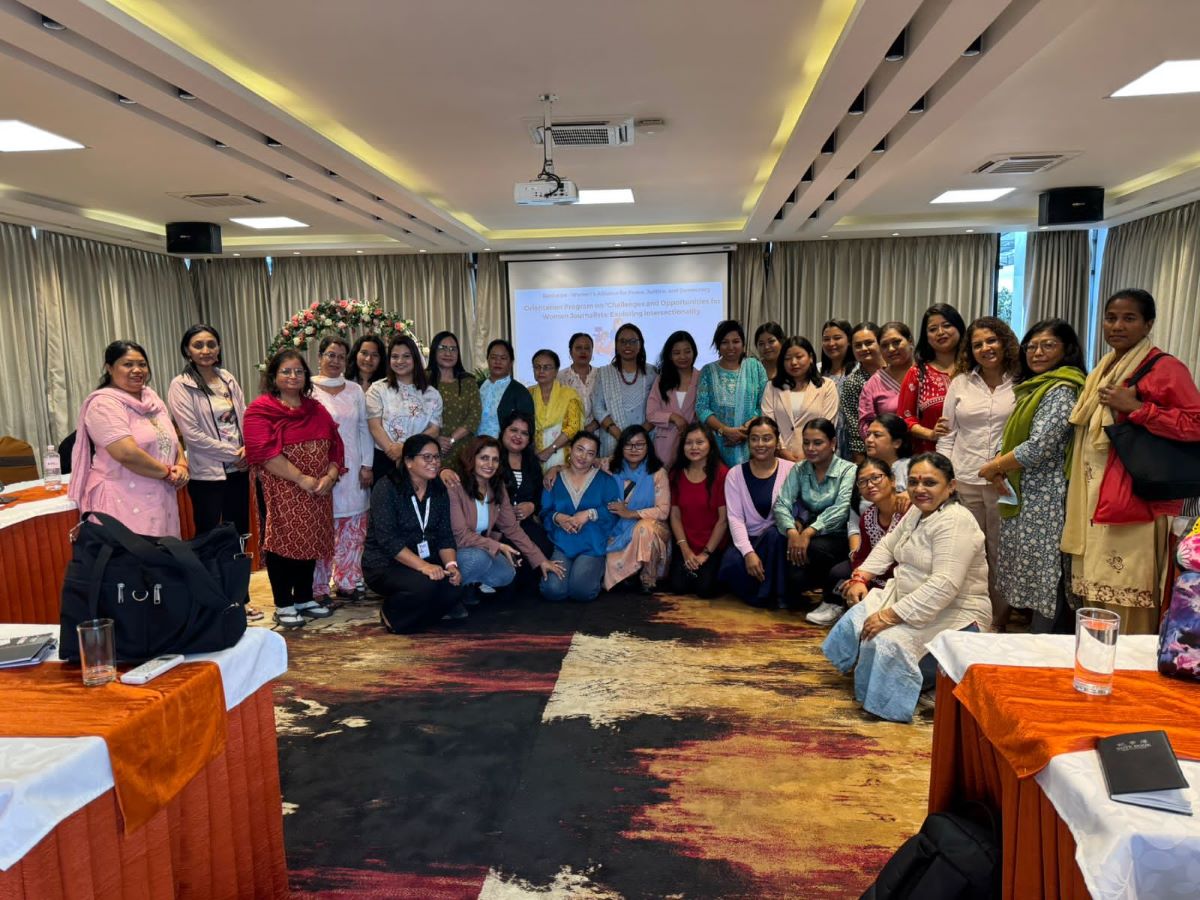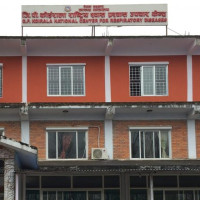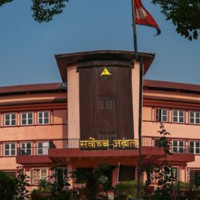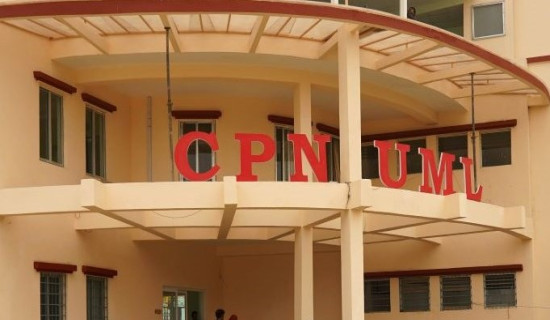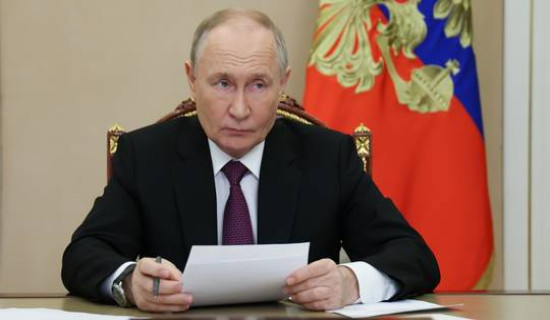- Friday, 22 November 2024
Women journalists urged to explore issues thru lens of intersectionality
By Pabitra Guragai, Kathmandu, Sept 26: Women journalists from diverse communities, and media discussed the importance of incorporating intersectionality issues in journalism.
The event entitled 'Challenges and Opportunities for Women Journalists: Exploring Intersectionality' brought together 40 women journalists covering diverse beats -- social, political, sports, content creation-- to deepen their understanding on the topic.
During the orientation held in the federal capital on Thursday, the participants were made aware why it was important to delve deep into the issues of intersectionality, giving due space in media.
President of Sankalpa: Women's Alliance for Peace, Justice and Democracy, Sangeeta Lama, said women are diverse by caste, class, profession, gender, geography, culture, political status and so on. So, it is unjust to treat them as a homogenous group and bring their issues in media accordingly. "They face numerous intersecting forms of discriminations," she shared.
Lama apprised the participants that intersectionality has now been a global approach and its implementation is a must to achieve the progress and build a gender-just society.
She further explained that women have general and specific needs. Women from indigenous communities (may) have more specific needs such as the issues of rights to land and language. Similarly, single women are specifically fighting for the issues of marital status, property rights while Madhesi women have own kind of challenges and Dalit are subjected to untouchability.
The intersectionality approach in media provides a ground to find out the subjective experiences of women, bringing them to a public discourse, according to her.
She went on to say that the incorporation of the intersectionality approach in media would contribute to establishing 'identities' of those people whose issues have remained invisible in mainstream media.
She also urged the mass to not understand the term 'identity' as a negative term connecting it to the tool capable of splitting or dividing the society. "Instead, the idea is the way of bringing diverse groups together and amplifying their voices, thereby making the movement for rights and justice wider."
Lama suggested adoption of a progressive approach and study of 'hidden issues' and proper light in media.
Sharing her presentation on the topic, former chairperson of the Working Women Journalists (WWJ), Amika Rajthala, described intersectionality as a vital tool to empower women and ensure equitable access to opportunities. Media have a significant role in promoting this concept.
The participants of the event said the session was enlightening, and they were more aware of their responsibility to give priority to intersectional issues in their contents.
Sankalpa was established in 2006 with the vision of building a peaceful, just, equitable and democratic Nepal where women play a decisive role in governance and politics. (RSS)

